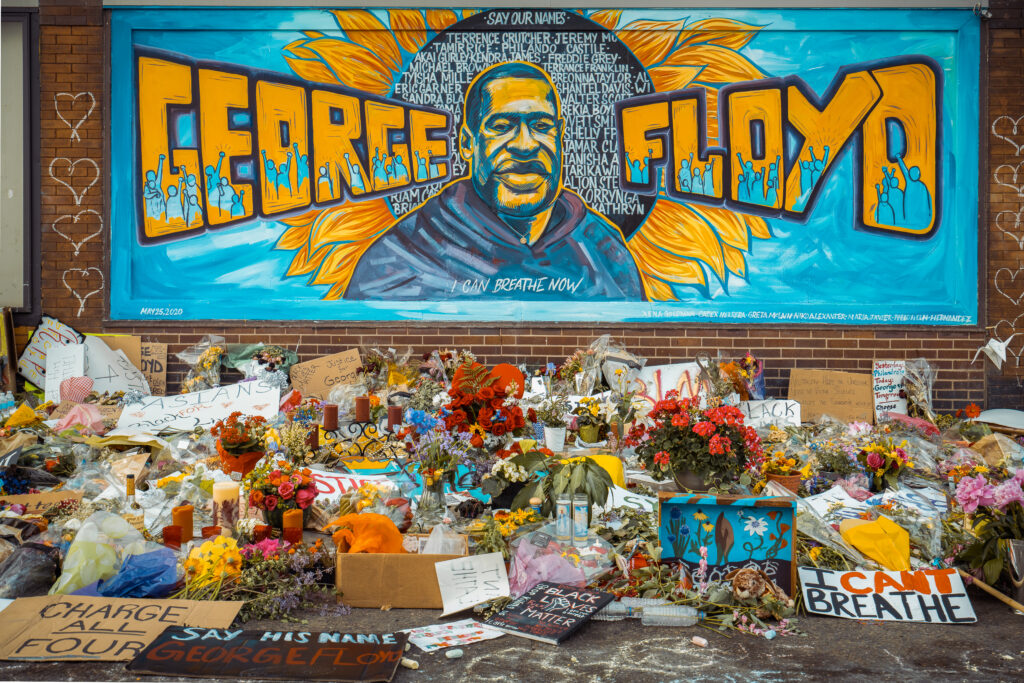The research that I am conducting analyzes whether the anti-racist protests of 2020 influenced the content of Super Bowl advertisements. Additionally, I will analyze whether racial stereotypes are present in Super Bowl advertisements.
In my study, the anti-racist protests of 2020 are defined as the protests that erupted after George Floyd, an unarmed Black man, was murdered by police on May 25, 2020. The anti-racist protests of 2020 are rooted in a long history of POC oppression. These protests were also intertwined with Black Lives Matter, a movement fighting police brutality and racism in the U.S. Although these protests have not ended, their momentum has considerably declined (Noma 2022). Google searches for “George Floyd” and “Black Lives Matter” peaked from May 31 to June 6, 2020, and fell to relatively few searches at around the end of 2020 (Google 2022; Google 2022). Therefore, the anti-racist protests of 2020 will be defined in this study by both the Black Lives Matter protests and the protests that resulted from Floyd’s murder from May to December 2020. With such a decrease in media presence and culture, I am choosing to define the protests in this timespan, although it is worth reiterating that the protests are ongoing.

This research is important and relevant because it may suggest whether large corporations manipulate their advertisement marketing strategies using racial injustices and the protests against them. Ultimately, all corporations want the viewers of their advertisements to do is buy their products, so I want to analyze how these powerful companies may have adapted their marketing approaches to reflect the voices of marginalized United States citizens. The Super Bowl is an advertising haven that corporations know millions of people will watch, creating an opportunity for them to influence the image of their corporation on a large scale.
I aim to recognize whether corporate messages of non-whiteness grew in the midst and wake of the George Floyd protests in an attempt to sell their products. Additionally, I aim to understand how POC are stereotypically portrayed as entertainers and how white people are stereotyped as awkward.
I conducted a content analysis of a simple random sample of four years of Super Bowl advertisements from 2019-2022. I then used my codesheets to reveal correlations among the four years of Super Bowl advertisements. The research may grant its readers insight into how corporations truly only care about the consumption of their products and that they often are uninvested in the fight against racial injustices as they help racial stereotypes endure.
Header image credit: Black Lives Matter – We Won’t Be Silenced – London’s Oxford Circus – 8 July 2016. by alisdare1. CC BY-NC 2.0